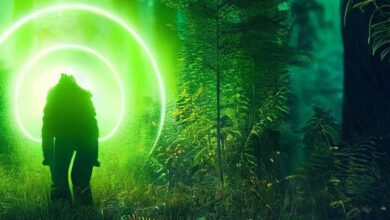Scientists claim historic achievement: Turing Test successfully passed

 The Turing Test has long stood as a benchmark for assessing a machine’s ability to exhibit behavior indistinguishable from that of a human. Conceived by Alan Turing, the renowned mathematician and computer scientist, this test has challenged the capabilities of AI for decades.
The Turing Test has long stood as a benchmark for assessing a machine’s ability to exhibit behavior indistinguishable from that of a human. Conceived by Alan Turing, the renowned mathematician and computer scientist, this test has challenged the capabilities of AI for decades.
The premise of the Turing Test is deceptively simple: a human participant engages in conversation with both a machine and another human, without knowing which is which. The machine’s goal is to perform so convincingly that the participant cannot reliably tell it apart from the human interlocutor.
For years, this test has been an elusive target for AI developers, with machines struggling to display the nuanced understanding and adaptability of human conversation. However, a recent study suggests a turning point in this ongoing quest.
Researchers conducted an experiment involving 500 individuals who conversed with four different entities: a human, the vintage AI program ELIZA, and two iterations of OpenAI’s ChatGPT. Each dialogue spanned five minutes, after which the participants were tasked with identifying the human respondent.
The results were striking.
Over half of the participants—54%, to be precise—mistook the latest version of ChatGPT for a human being. This outcome marks a significant milestone, hinting that modern AI may have finally met—and perhaps surpassed—the criteria set by the Turing Test.
ELIZA, an AI from the 1960s known for its pre-programmed responses, was easily discernible as a machine. “ELIZA was limited to canned responses, which greatly limited its capabilities,” explained AI researcher Nell Watson in an interview with Live Science.
“It might fool someone for five minutes, but soon the limitations would become clear. Language models are endlessly flexible, able to synthesize responses to a broad range of topics, speak in particular languages or sociolects and portray themselves with character-driven personality and values.”
“It’s an enormous step forward from something hand-programmed by a human being, no matter how cleverly and carefully.”
As AI continues to advance, the line between human and machine grows ever more blurred, heralding a new era of technological sophistication.




